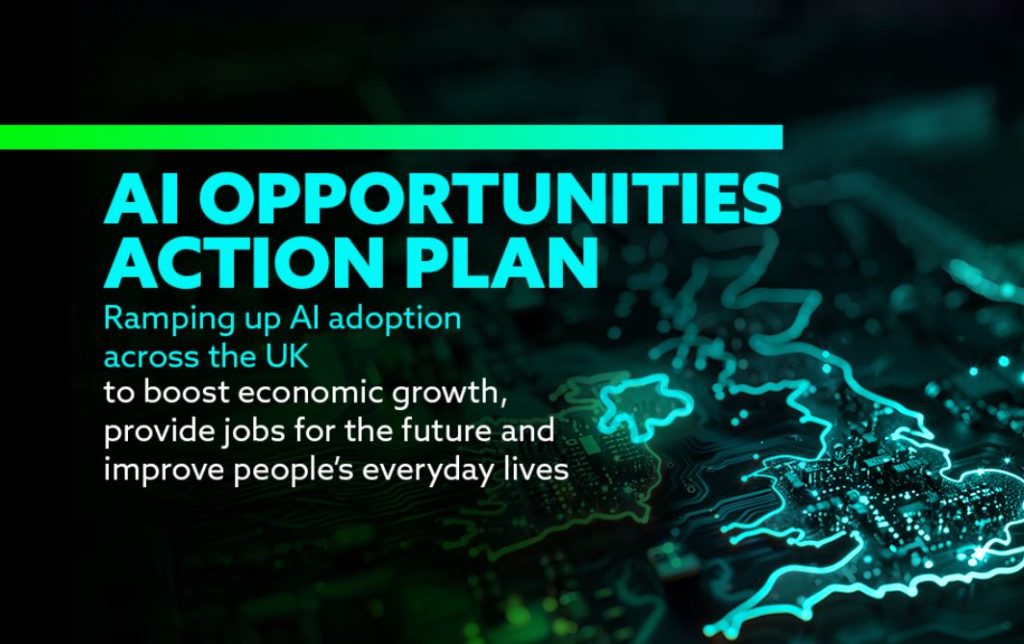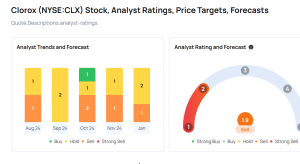
The UK is moving to establish itself as a superpower in the world of artificial intelligence, thanks to the recent announcement of Sir Keir Starmer’s AI Opportunities Action Plan.
Supported by several leading tech firms, the action plan aims to harness AI to deliver business growth and services across various sectors more efficiently than ever.
The financial services sector was one of the first to utilise AI at a corporate level. The sector has been using both generative and predictive forms of AI to increase the accuracy of their forecasting, spot and tackle financial fraud and improve customer services.
In many ways, AI usage in the world of finance gives an indication of how artificial intelligence might be used going forward, highlighting attitudes towards AI and giving examples of where and when a more human touch might be required. Here, commercial finance brokers Anglo Scottish take a look at how artificial intelligence is transforming the finance world.
For those working within financial services, the outlook on AI is certainly mixed. Generative AI – forms of artificial intelligence capable of generating their own image, text or other forms of media – are typically viewed with caution. 45% of people working in financial services view generative AI as a friend, though a further 40% view it as a foe.
Despite this mixed view, 77% of bankers believe that unlocking maximum value from AI technologies will be the difference between successful and unsuccessful banks. Its value cannot be understated.
There are, of course, concerns around employment: 73% of financial services executives believe that generative AI will take their jobs. Thankfully, those aged 25–34 – the age group that will largely be driving AI adoption forward – feel markedly more positive about AI.


